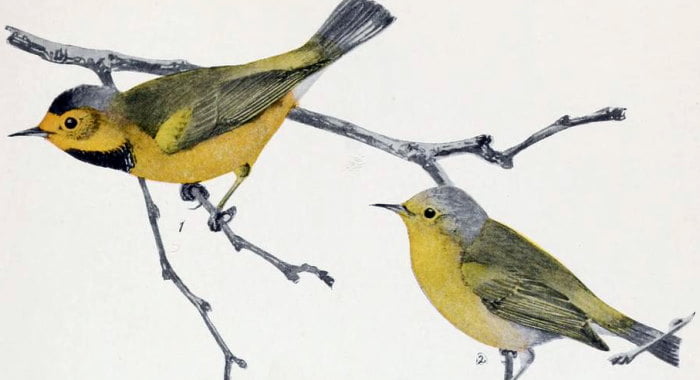We tend to think of extinction as a warning for the future, as something that might happen if we don't make some changes, but the reality is that for many species we are already at that point, and that man-made climate change and habitat destruction are largely to blame.
Have you ever seen an Ivory-billed Woodpecker, a Po`ouli, or a Bachman's Warbler?
If not then you have almost certainly missed your chance because they are all on the list of 23 species that the U.S. Fish and Wildlife Service is proposing to remove from the Endangered Species List this week, because they are now seemingly extinct.
In total, 11 species of birds, one bat, two fish, one plant and eight types of mussel have been declared extinct. The FWS said it had made the determination based on "rigorous reviews of the best available science for each of these species".
"Each of these 23 species represents a permanent loss to our nation's natural heritage and to global biodiversity, and it's a sobering reminder that extinction is a consequence of human-caused environmental change." Bridget Fahey, who oversees species classification at the FWS, said in a New York times interview.
It's a rare move from scientists to completely give up hope, but the U.S. government agency said it had exhausted every possible avenue for rescuing these species. All of them were thought to have a chance of survival when they were put on the endangered species list, but since then pollution, logging, poaching, and invasive species have sealed their fate.
While these particular extinctions are in North America, it's something that is happening on every continent, and it is is only going to increase in pace unless we do something about it immediately.
This group, which may seem relatively small and unimportant in the grand scheme of life on earth, now joins the growing list of more than 900 species documented as extinct around the world.
Only last year a report from a major international conservation organisation, declared a separate 31 species extinct globally. The report, published by the International Union for Conservation of Nature (IUCN), also indicated that more than 35,000 species of organisms on Earth are now threatened with extinction, including for the first time ever the entirety of the various global populations of freshwater dolphins.
Scientists have repeatedly warned that we are on the brink of a catastrophic extinction event if we do not cap global warming at 1.5 degrees Celsius, and the closer we get to that point the more of these individual species extinctions we are likely to see.
